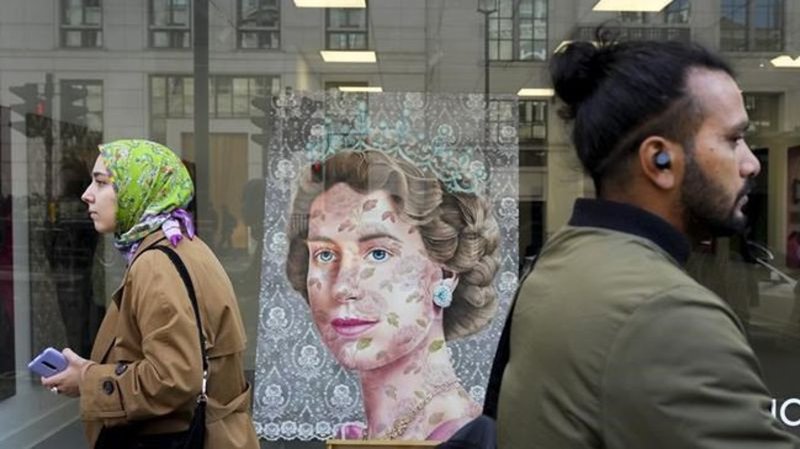
Year in review: A look at news events in September 2022
A look at news events in September 2022:
1 – Health Canada approved Moderna’s new COVID-19 booster vaccine. The bivalent vaccine targets both the original strain of the novel coronavirus and the Omicron variant.
1 – The United Nations accused China of serious human rights violations in a long-awaited report examining the crackdown on Uyghurs and other mostly Muslim ethnic groups. Human rights groups have accused Beijing of sweeping a million or more people from the minority groups into detention camps where many have said they were tortured or sexually assaulted. China denounced the assessment as a fabrication cooked up by western nations.
1 – A United Nations inspection team arrived at Ukraine’s Zaporizhzhia nuclear power plant on a mission to safeguard it from catastrophe. Their visit was delayed by heavy shelling earlier in the day.
